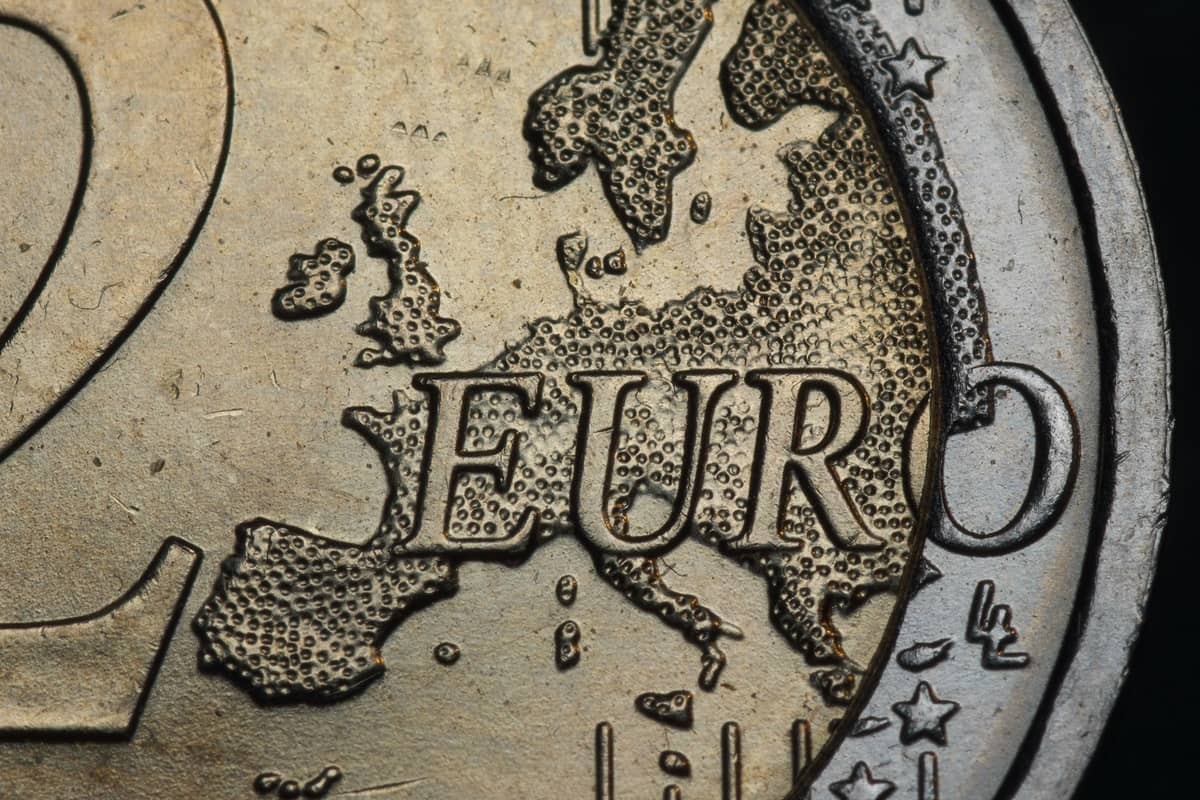Luis de Guindos, Vice President of the European Central Bank, stated that the eurozone’s economic system may have experienced a downswing at the end of last year, and noted that difficulties in this area are likely to continue in 2024.

Mr. Guindos said at a conference in Madrid on Wednesday, January 10, that weak indicators point to an economic downturn in December. According to him, these figures signal the likelihood of a technical recession in the second half of last year. Luis de Guindos also said that current data on the state of the eurozone’s economic system indicate that the prospects for the future in this space continue to remain uncertain. Separately, he noted that the vision of the development of the situation in this area is deteriorating. In this case, it means that forecasts regarding the state of affairs in the eurozone economy this year are filled with pessimistic estimates.
Luis de Guindos said that the strong decline in inflation, which was observed last year, will be less pronounced in 2024. In his opinion, the first signs of normalization of the situation on the labor market and softer economic expansion in 2023 probably will not be factors to curb the growth in the cost of goods and services.
Luis de Guindos suggests that the rapid rate of disinflation observed last year is likely to show a lower level of intensity in 2024. He also admits the possibility of suspending this trend at the beginning of the current year.
Analysts and investors at the end of last year expected a moderate downturn in the eurozone economic system. They also predicted a difficult return to the ECB’s 2% inflation target. Some analysts and investors expect that in the spring of the current year, the process of implementing a policy of gradual reduction of interest rates will begin. ECB officials take a moderate position on this issue. They believe that it is too early to start lowering interest rates in the spring.
Luis de Guindos in Madrid repeated the ECB’s recommendations that the deposit rate at 4%, which remains for a long period, will reduce price growth to the target level of 2%. Separately, he said that the positive effect of the energy base will manifest itself this year, but warned that the validity period of compensatory measures related to the relevant area will expire, which may cause a temporary increase in inflation.
The ECB is in no hurry to declare its victory over the rise in consumer prices. In December 2023, the increase in the corresponding indicator was 2.9%. Over the same period in 2022, consumer prices in the eurozone increased by 2.4%.
Currently, the ECB is focused on studying dynamic wages. In a few months, the financial regulator will form a final position on this issue.
ECB Board of Governors member Francois Villeroy de Galhau said on Tuesday, January 9, that the organization plans to reduce interest rates in the current year. He did not specify a concrete time frame for the start of the implementation of the relevant policy.
Boris Vujcic, the Governor of the Croatian National Bank, said this week that a reduction in interest rates before the beginning of summer is unlikely.
Mario Centeno, the Governor of the Bank of Portugal, believes that there is no need to wait for full clarity on dynamic salaries.
As we have reported earlier, ECB to Test Banks’ Ability to Recover From Cyberattack.









